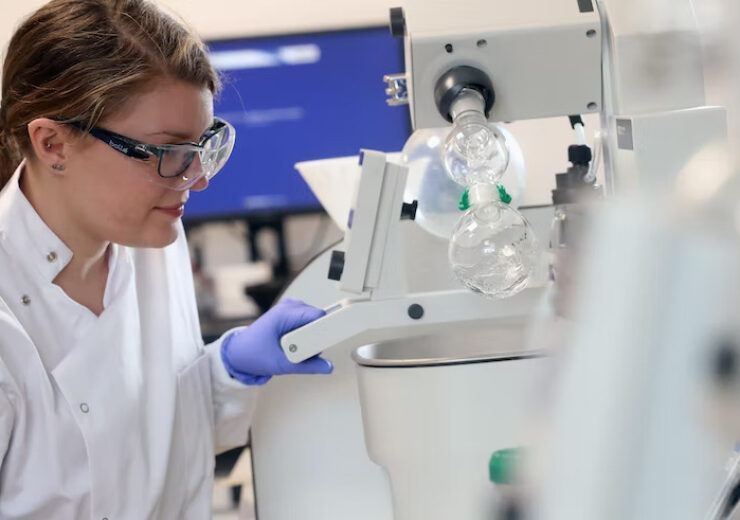The multi-year, multimillion-pound drug discovery research collaboration intends to discover new drugs for neurodegenerative disease treatment

Astex and MDI announce drug discovery collaboration. (Credit: Cardiff University)
Pharmaceutical company Astex Pharmaceuticals has signed a drug discovery research agreement with The Medicines Discovery Institute (MDI), Cardiff University.
The multi-year, multimillion-pound drug discovery research collaboration intends to discover new drugs for neurodegenerative disease treatment.
Astex said that the deal will combine the drug discovery capabilities of the UK-based MDI and its fragment-based drug discovery platform.
The combined teams will conduct drug discovery research against a selected lysosomal target to identify and optimise compounds that modulate its activity. Lysosomes are said to be a subset of organelles that are essential for cellular function.
The research will aim to create potential novel treatments for neurodegenerative disorders with a high unmet medical need.
Astex chief scientific officer Dr David Rees said: “We are very excited about this opportunity to work with Cardiff University, Medicines Discovery Institute.
“Astex has a long tradition of effective collaborations between academia and industry which we believe is critical for the successful translation of basic science.
“This partnership aims to support and advance ground-breaking research with the potential to transform the lives of patients with neurodegenerative diseases.”
According to the terms of the contract, Cardiff University will receive R&D money and will be eligible for development and regulatory payments if therapeutic compounds advance as well as potential royalties on the sales of the drugs.
Other financial details were not divulged.
MDI director Professor Simon Ward said: “We are excited to be working with Astex in a way that allows each partner to play to its individual strengths and build a combined team which is greater than the sum of its parts.
“This is a validation of the scientific and translational capabilities we have been building at Cardiff University over the last few years and we look forward to delivering outputs that may ultimately benefit patients for whom current treatment options are so limited.
“This is an excellent demonstration of the power of academic and industrial teams working together to try to solve currently intractable medical problems.”
